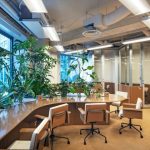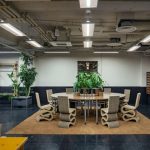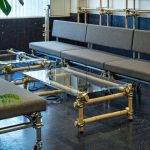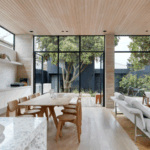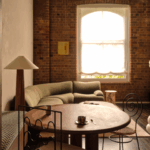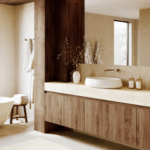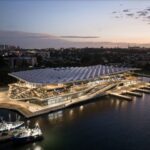Japan’s 0 Office's Climate Tech with Sustainability at its Core
As startups across Japan and the globe rally to meet the dual challenge of decarbonisation and profitability, spaces like the 0 Club are stepping in to support this new wave of Climate Tech innovation.
Designed by Tokyo-based studio DDAA, the coworking space brings together startups, venture capitalists, and academics working on solutions that range from alternative energy and green construction materials to food waste reduction and low-impact manufacturing.
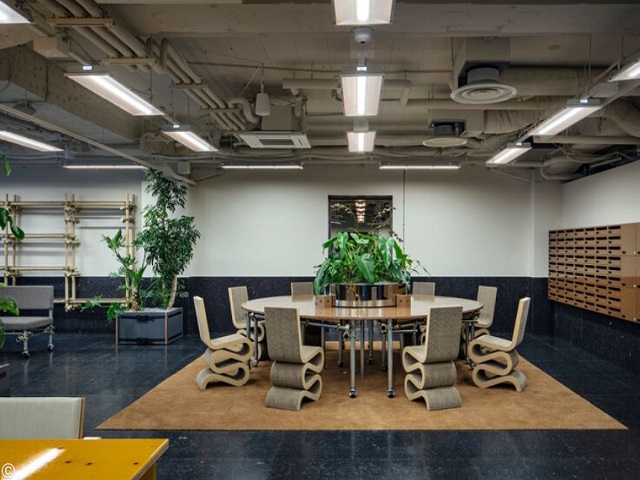
GALLERY
The interior design of the 0 Club embraces a bold ethos: “create without creating as much as possible.” Rather than fitting out the space with brand-new interiors, DDAA focused on reuse, modularity, and local material sourcing to minimise carbon emissions and waste. The result is a space that challenges conventional approaches to office design while acting as a testbed for ideas around low-impact construction.
The reuse of the OA floor system and the careful application of materials such as recycled particleboard and Rifmo—a recycled finish—are just some examples of this thinking. Walls posed the biggest challenge due to fire rating requirements, which led to a compromise with conventional light gauge steel, but the use of upcycled plasterboard and easily demountable glass details reflects the project’s future-focused flexibility.
Ceiling heights were increased in shared spaces by removing panels, while private areas retained existing infrastructure, reducing waste. Lighting and air conditioning systems were reconfigured using low-tech interventions like tinted film held in place with binder clips, underscoring the project’s commitment to adaptability over extravagance.
Furniture plays a central role in the space’s flexibility and sustainability goals. Items are movable and multifunctional, with layout options designed to foster cross-disciplinary exchange. Traces of thoughtful decision-making are embedded in every fixture—whether it’s reused timber or minimal transport requirements—offering a blueprint for what a modern, climate-conscious workplace can look like.
As Climate Tech continues to rise globally, the 0 Club exemplifies how design, constraint, and ambition can intersect. Rather than avoiding the contradictions of sustainability, it embraces them—treating limitations not as obstacles, but as opportunities for creative reinvention.
Images by Kenta Hasegawa via ArchDaily
Clifton Hill Courtyard House is a reworking of a double-fronted 1890s weatherboard worker’s cottage, paired with a contemporary ...
Set in the heart of Pyrmont within the historic Pyrmont Woolstores, The Gambit Loft occupies a former industrial ...
Seeking a stylish yet durable solution for custom joinery and cabinetry? Enter ForestOne’s DesignerOne range, which delivers on ...
The new Sydney Fish Market has officially opened its doors, marking a significant milestone in the transformation of ...
